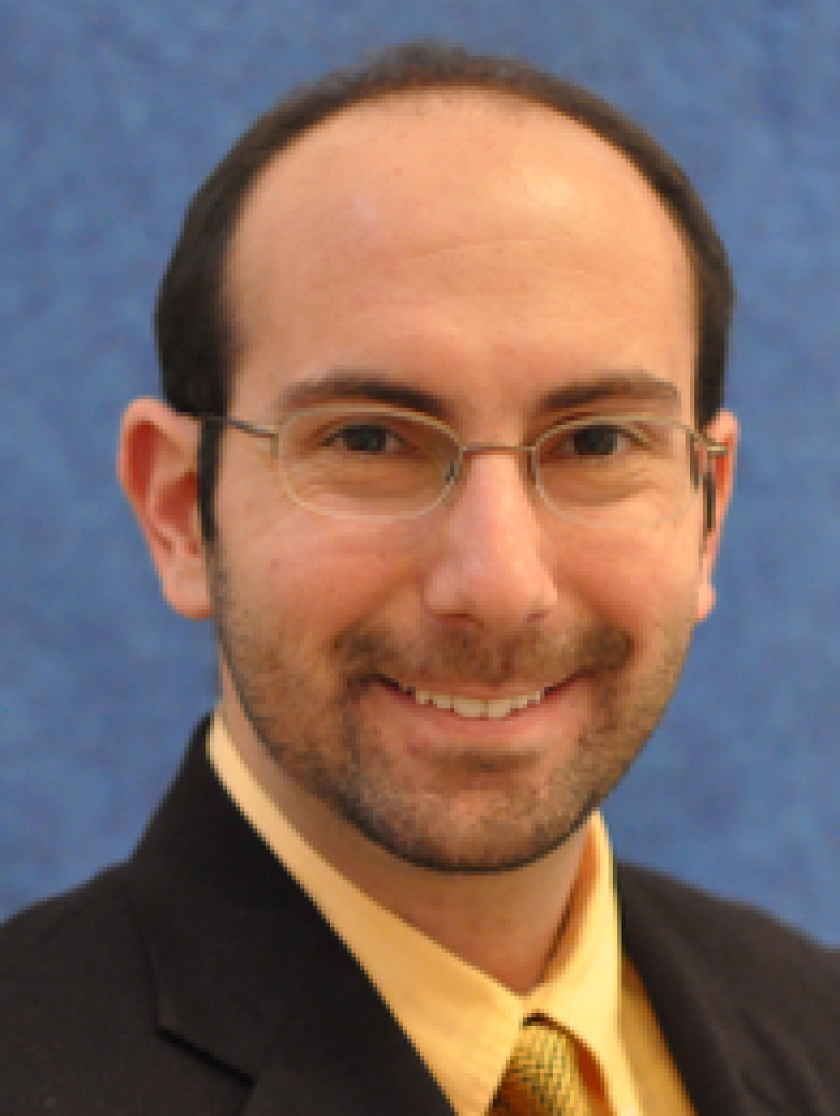Abstract
Systems neuroscience, enabled by multielectrode recording and engineering mathematics, has transformed our understanding of the brain over the last few decades. This insight has not only yielded new theories of the operation of complex regions of the brain, but also demonstrated compelling clinical trial evidence of the promise of brain-machine interfaces for restoring motor function lost from disease or injury. Nevertheless, causal understanding of most regions of the brain remains incomplete, and the feasibility of many applications of brain-machine interfaces have yet to be realized. Here, I will share recent work from our group spanning preclinical models and human clinical studies demonstrating novel investigations that 1) further causal insight into motor function and recovery from injury, 2) seek to generalize principles of ambulatory motor control, and 3) leverage compression to bound multidimensional neural information. These early findings may hold relevance for next-generation brain-machine interfaces, with applications in stroke rehabilitation and refractory epilepsy.
Bio
Paul is an Assistant Professor in the Department of Bioengineering, Neurosurgery, and (by courtesy) Electrical Engineering; and a Faculty Scholar of the Wu Tsai Neurosciences Institute.
He completed his undergraduate training at UCLA in 2006. He earned his MS and PhD in Bioengineering at Stanford in 2011 and 2012, respectively, with Krishna Shenoy in the Neural Prosthetics Systems Laboratory and completed his MD from Stanford in 2014. His postdoctoral work was with Jaimie Henderson and Krishna Shenoy in the Neural Prosthetics Translational Laboratory.


